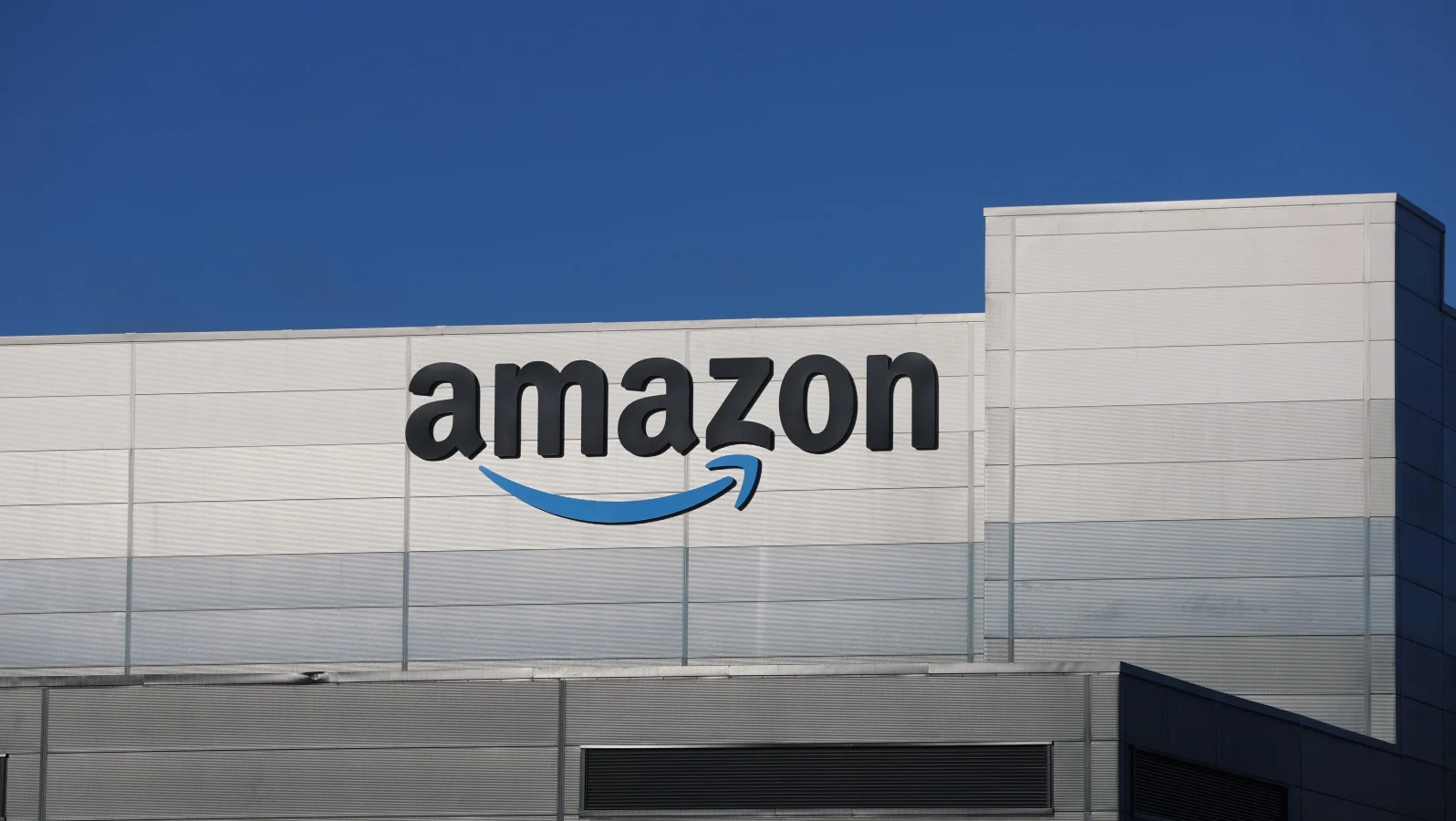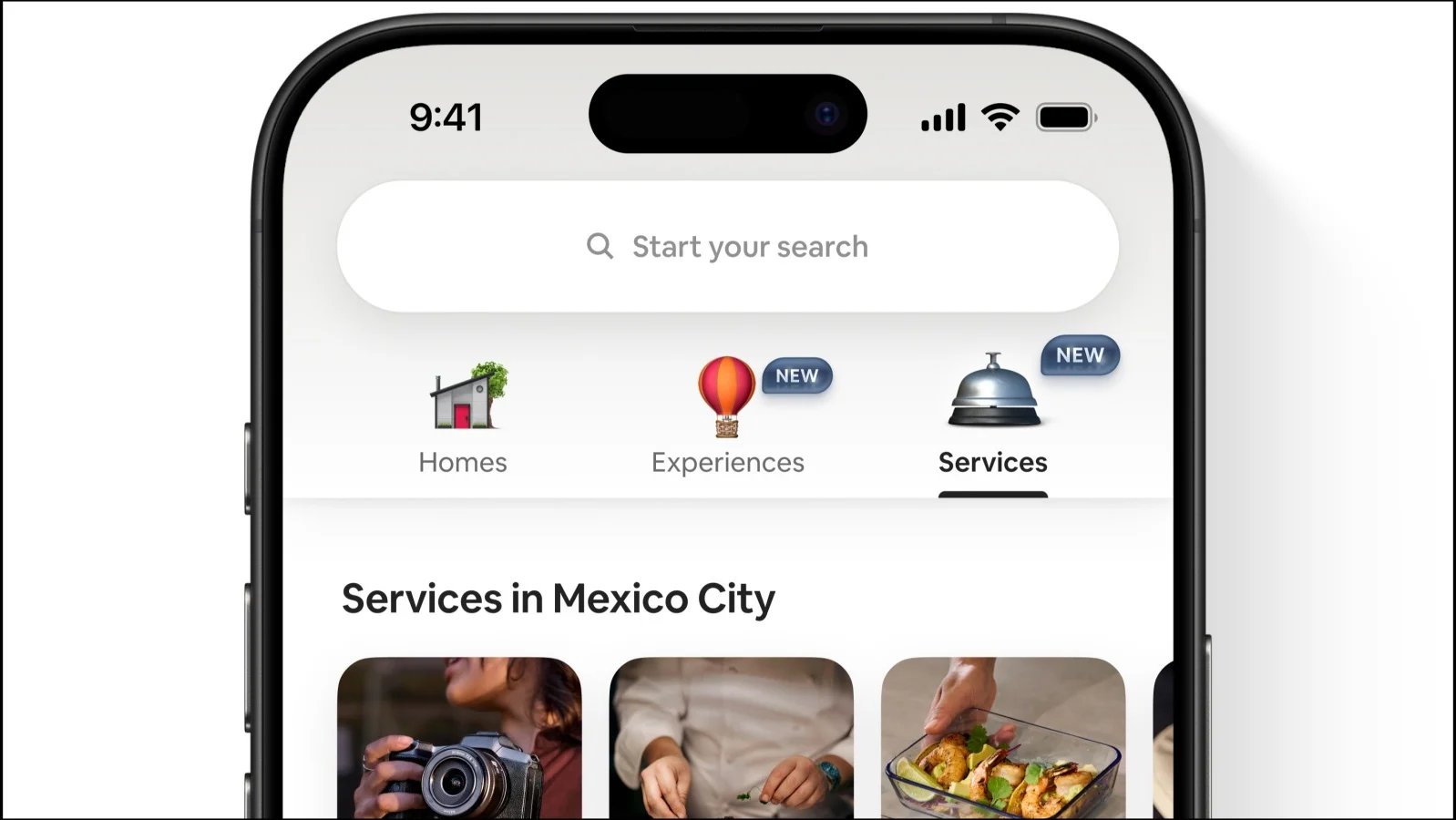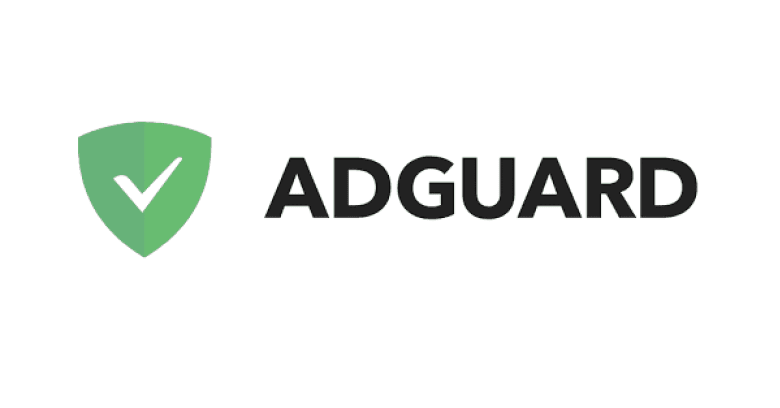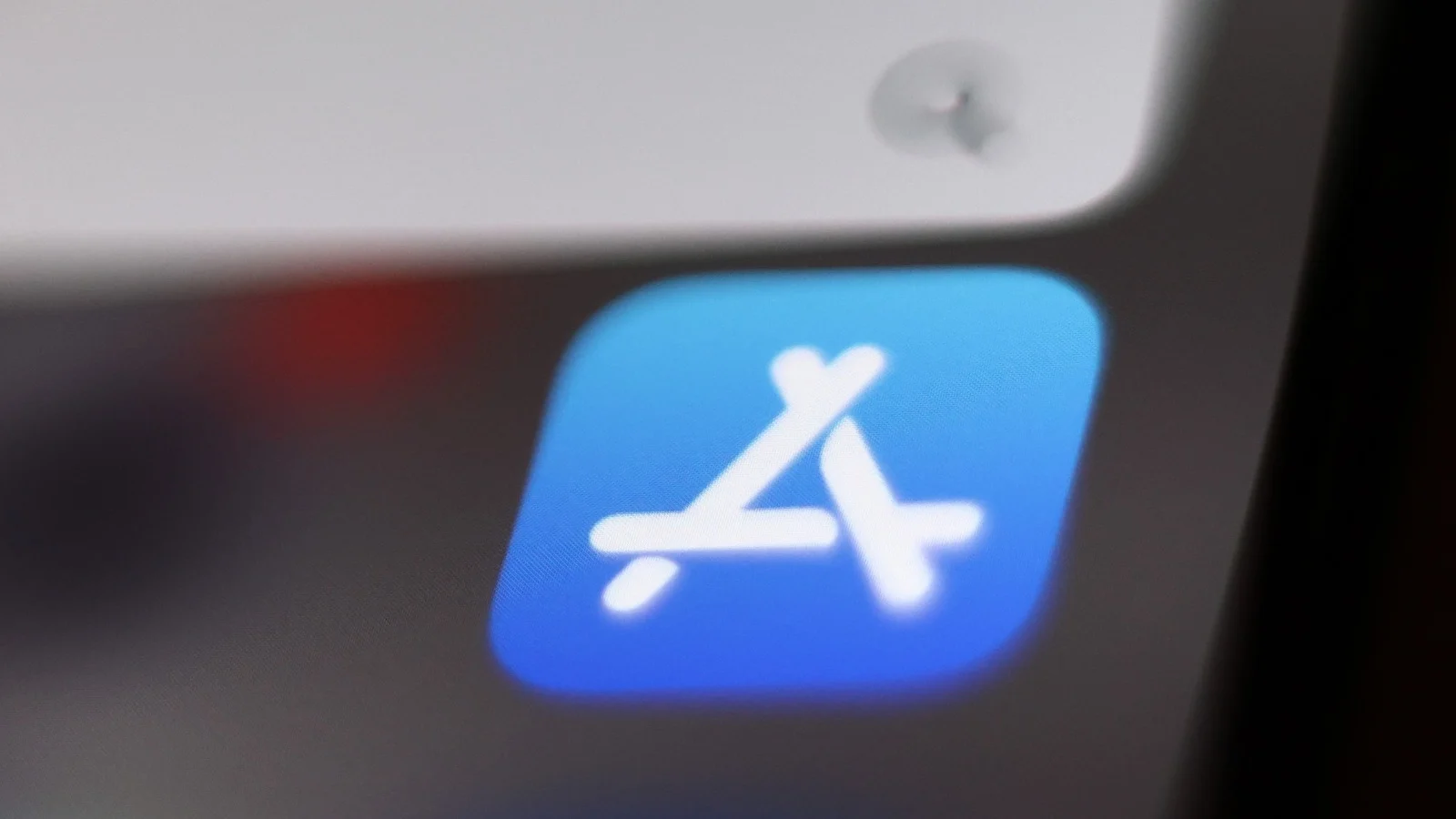
Alternative App Stores on US iPhones May Finally Happen With This New Bill
A new piece of legislation introduced in the U.S. House of Representatives could bring significant changes to how Americans use their smartphones—particularly iPhones. Representative Kat Cammack from Florida has introduced the App Store Freedom Act, a proposal aimed at increasing competition and reducing the dominance of Apple and Google over mobile app distribution in the United States.
The goal of this bill is to create a more open and competitive environment for app developers and consumers by targeting the restrictive practices of major app store operators. Specifically, the act would apply to companies that operate app stores with more than 100 million users in the U.S., a benchmark that clearly targets the likes of Apple’s App Store and Google’s Play Store.
One of the key requirements outlined in the bill is that users must be able to choose and set third-party apps and app stores as their default options on their devices. This also includes the ability to hide or remove pre-installed applications—something Apple has long resisted—and the freedom to install apps from outside the official app store platforms. The bill essentially pushes for a more flexible, user-controlled smartphone experience.
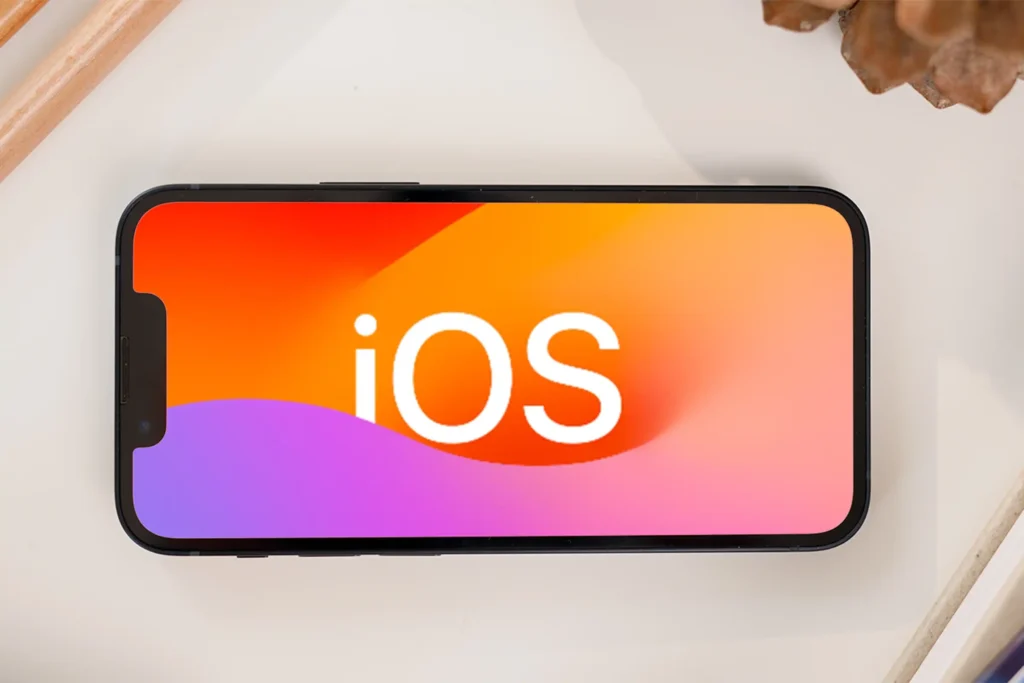
Beyond user choice, the legislation seeks to ensure that developers are treated fairly. It calls for equal access to critical system tools, features, and interfaces that are currently controlled by dominant app store operators. Under this proposed law, companies would also be prohibited from mandating the use of their in-house payment systems—meaning developers could implement alternative payment methods without facing retaliation or penalties. This is particularly significant given Apple’s longstanding requirement that developers use its in-app purchase system, from which it collects a commission.
Enforcement of the proposed law would fall to the Federal Trade Commission (FTC), and violations could carry a fine of up to $1 million per infraction. The bill is clearly inspired by the European Union’s Digital Markets Act (DMA), which has already had a profound impact on the app ecosystem overseas. In fact, the EU’s regulation led to the debut of the first third-party app store for iOS in April 2024, following a nearly $2 billion fine levied against Apple for anti-competitive behavior.
The DMA has also forced Apple to open up some of its proprietary features—such as AirDrop, AirPlay, and automatic audio switching—to third-party developers, with full compliance expected by the end of 2026. These changes in Europe have sparked a global conversation about the need to rein in the power of tech giants, and the App Store Freedom Act seems to be the U.S. version of that momentum.
Some components of this proposed legislation echo recent legal decisions already taking shape in the U.S. In late 2023, a judge ruled that Google must allow the inclusion of alternative app stores within Google Play. More recently, another court decision forced Apple to adjust its policies by permitting developers to inform users of other purchasing options outside the App Store, bypassing Apple’s commission structure—a policy shift that companies like Spotify have long advocated for.
In a statement included in Representative Cammack’s press release, a spokesperson for Spotify praised the bill, saying it has the potential to significantly enhance consumer choice and empower developers. They described the legislation as a “common-sense” step toward a more open and innovative digital marketplace in the United States.
If passed, the App Store Freedom Act could mark a major turning point in how mobile ecosystems operate in the U.S., mirroring many of the changes already underway in Europe. For users and developers alike, it promises a future with more freedom, flexibility, and fairness in the digital economy.




